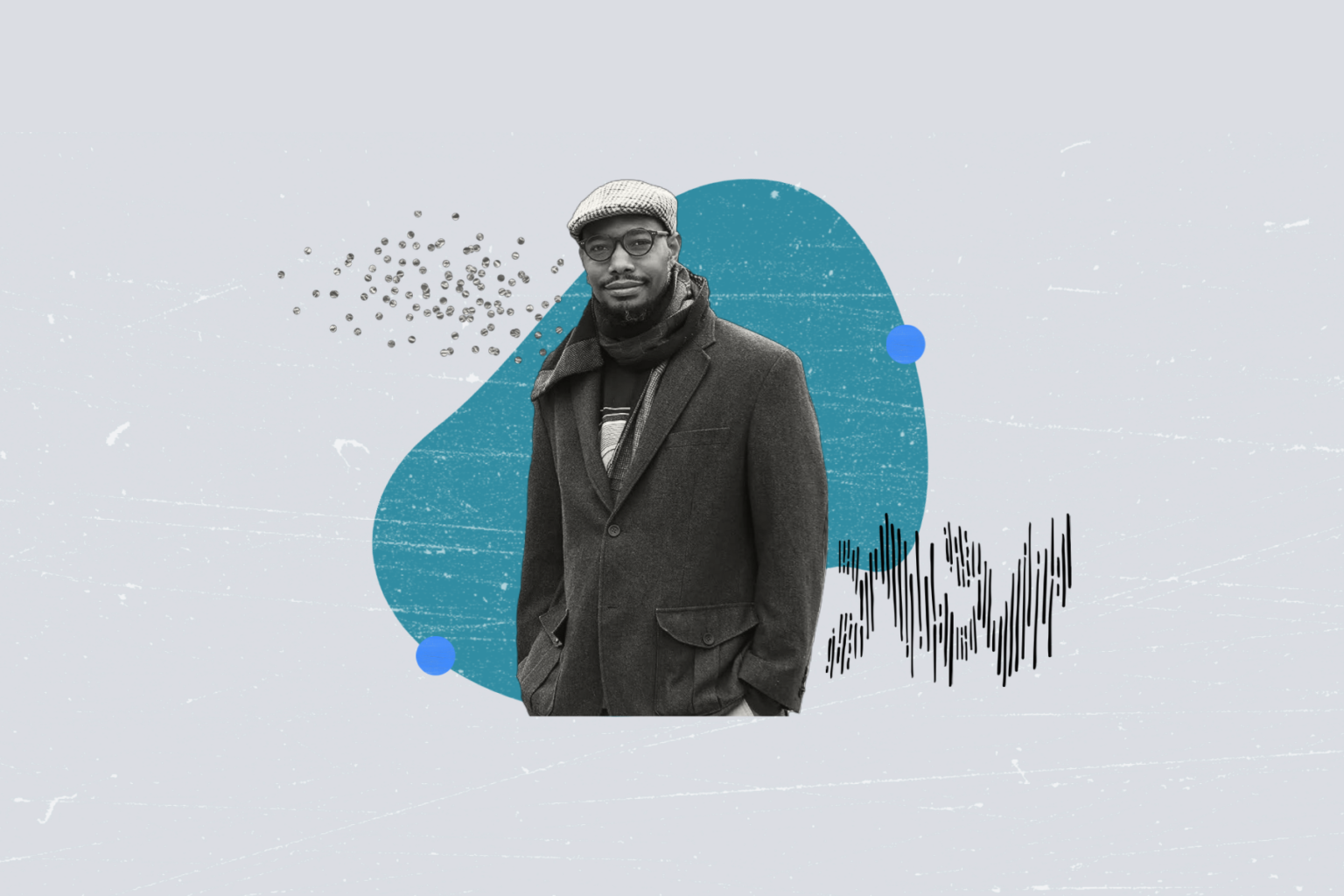By: Jourdan Hicks
(PUBLIC SOURCE) Meet Ali R. Abdullah who uncovered Pittsburgh’s Black Muslim history as he explains the significance of being an African-American Muslim in the Pittsburgh region and what you should know about Pittsburgh’s role in Islamic history in the United States.
For a deeper look into what Ali uncovered about his own family’s connection to religious history in the area, check out the story by PublicSource faith and religion reporter Chris Hedlin: “Pittsburgh was once a Black Muslim refuge.”
TRANSCRIPT
Jourdan: Hello, everyone, welcome back. It’s me, your host, Jourdan Hicks, community correspondent for PublicSource. Welcome back to another episode of From the Source. Now, this week, we have yet another interesting Pittsburgher who you should meet and someone who you could learn a little something from to expand your worldview of our area and the people who bring our region to life. Unlike previous episodes of From The Source, this episode is not a standalone piece.
“Pittsburgh, A Black Muslim refuge,” written by our religion reporter Chris Hedlin, focuses on the Abdullah family of Braddock and their family’s deep connection to the spread and practice of Islam by Black Americans in our area. On the audio side, you’ll meet Ali R. Abdullah, the source for Chris’ story and a proud father, girl dad, Muslim, African-American man who wants to challenge the monolithic representation of Black and Islamic-practicing people in our area and how they’re depicted and why it was important for him to learn and teach and record his own family’s history.
Ali: Unfortunately, as a people, we really don’t connect to that like in a tangible way. Some of us do, don’t get me wrong. Some people go back to the point of no return. People do DNA tests. Some people do all kinds of different things now, but in large part, it’s not something that we sought out and not only is it not something that we sought out, I think it’s something actually a lot of us have run away from. You know what I mean? You know, because of the psychological brainwashing that’s been done to us, you know, to tell us, you know, certain things are bad and, you know, just the whole mindset that.
Jourdan: It’s almost like you have to go through this confrontation and unlearning period to really understand the deep interruption that racism and oppression has had on a lot of our family lineages, family lines, family histories, our culture, the way we relate to each other, how we move around the country, around the world. And it takes a lot of fortitude, commitment and bravery, really, for someone to want to do a deep dive into history and to see on paper if they can find it, the lives that their family members led in spite of the circumstances that they were placed in.
Jourdan: Unfortunately for Black Americans and many Black people around the world, it’s not as simple as opening up the family tree and connecting the branches and going backwards line by line, and then at the same time living in an era where there are probably more positive affirmations about Black life and Black families in the media, but also at the same time, there’s a social justice movement calling to the value of Black lives, so it’s like these dueling dispositions. Just like what the world is telling you and who you believe you are, while you’re trying to find the truth about your family.
